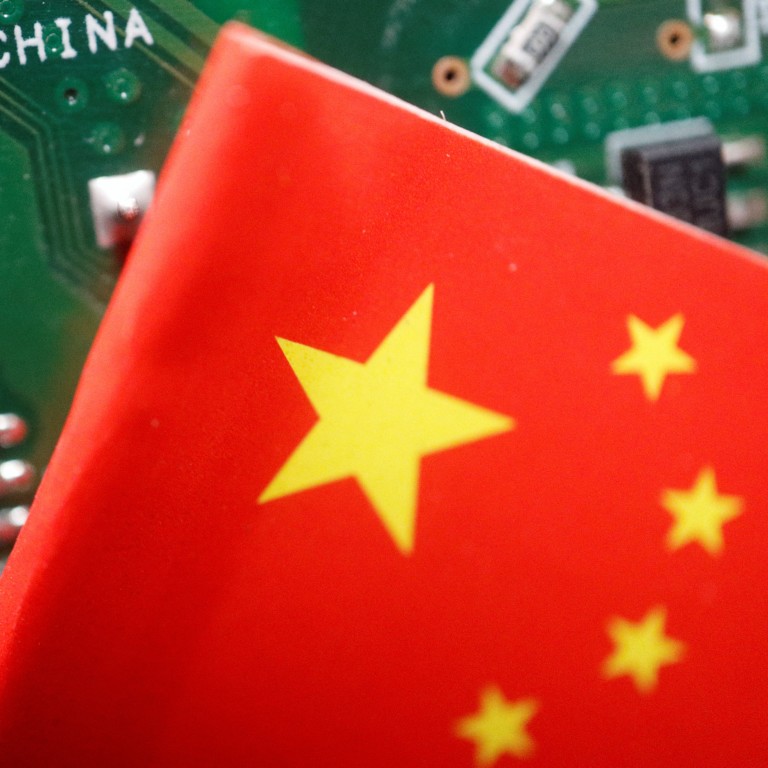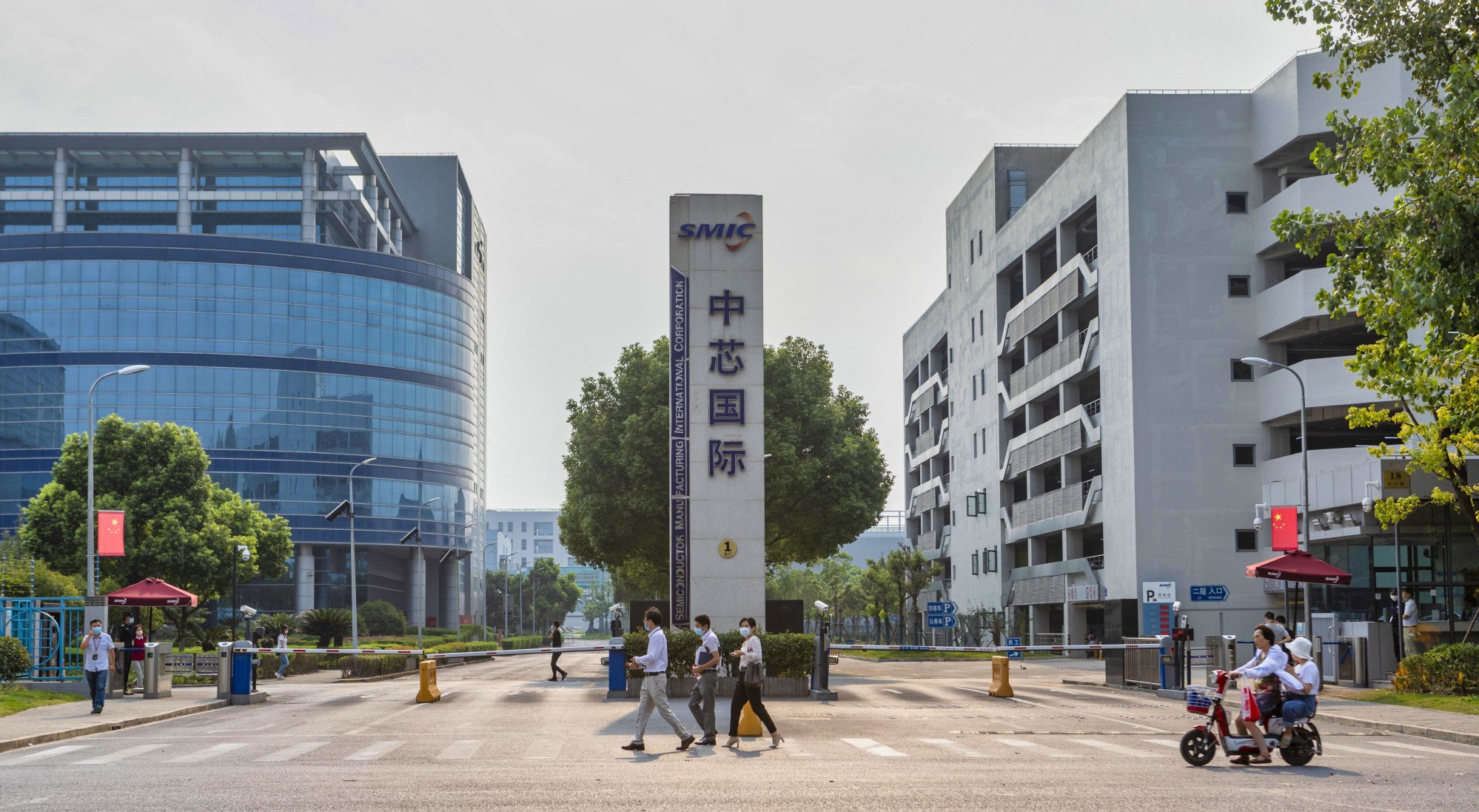
Exclusive | Tech war: Chinese chip firms stockpile equipment ahead of US-Japan-Netherlands agreement on tightening export controls
- Some of China’s largest chip makers have scrambled to buy equipment and materials this year in anticipation of an agreement expected to further curb access
- Japanese firms are continuing to fulfil orders while they await clarity on new rules expected in April
Chinese semiconductor companies are scrambling to stockpile chip-making equipment, spare parts and other related materials, while overseas firms continue to fulfil orders as they await clarity on tighter export rules resulting from coordination between the US, Japan and the Netherlands, according to industry insiders.
Some of the country’s largest chip firms have been ramping up stockpiling this year after news that Washington had reached an agreement with Tokyo and The Hague to help enforce export restrictions, which the US upgraded in October to become a de facto ban on sales to China of advanced chip-making gear. The move has fanned concerns among buyers in the country that they would continue to face escalating curbs on equipment purchases, according to two people involved in the semiconductor supply chain, who declined to be named due to the sensitivity of the matter.
One major Beijing-based chip equipment firm has “filled several large warehouses” with materials and components, including those not even on the US export control list, one of the people said.
China’s chip hopes face reckoning as US launches all-out siege
Some companies are “overbuying” components and equipment beyond what is needed for current production plans, said the other person, who is based in Tokyo to source Japanese products for Chinese customers. The unusual scale of the orders was partly driven by fears of greater export restrictions down the road, even though Tokyo has not officially started the process, the person said.
Japanese companies are also waiting for clearer guidance on export controls, he added, as new rules targeting advanced chip technologies are expected in April.
There has been little hard data so far showing stockpiling, although anecdotes align with what happened during previous chip restrictions from Washington. China’s official customs data for January and February will be released in early March.
China’s imports of chip-making equipment plunged in November and December, according to official data, owing to Washington’s stricter rules. The country imported 4,789 units in December, down 35.3 per cent year on year.
Annual imports last year shrank 15.3 per cent by volume compared with 2021.

The panic buying from chip firms shows how Washington’s restrictions are impacting Beijing’s pursuit of technological self-reliance. The lofty goal, which focuses on independence from US technologies, is a tall order, as the complex semiconductor supply chain – from raw materials to equipment production – spans several countries around the globe.
Chinese semiconductor manufacturing and equipment companies have to buy a significant number of spare parts and materials partly because “they do not have a domestic supply chain in China” if they are cut off from other countries, according to Dylan Patel, chief analyst at research firm SemiAnalysis.
Even with greater coordination on export restrictions, China will not be completely cut off from supplies from Japan and the Netherlands, said Nicolas Gaudois, head of Asia-Pacific technology research at UBS Investment Bank.
“But it’s not enough to support China’s capacity expansion on the leading-edge, because … it’s necessary to have the whole sequence of equipment for each manufacturing process step, which includes equipment sold by US companies,” he said.
Analysts said that the US restrictions issued last October – which aim to cap China’s logic chips at the 14-nanometre process node, DRAM at 18-nm and 3D NAND flash at 128 layers – effectively take advanced chip making off the table for China, which has more recently focused on more mature nodes at 28-nm level and above. These processes are more cost-efficient for a number of applications, including automotive and the Internet of Things.
While the US, Japan and the Netherlands have yet to officially disclose details of their agreement, observers speculate that it will affect Japanese deep ultraviolet (DUV) system suppliers, whose equipment could be used for advanced chip making. Such suppliers include Nikon, which makes immersion DUVs, and Tokyo Electron, which makes etching and testing equipment.

